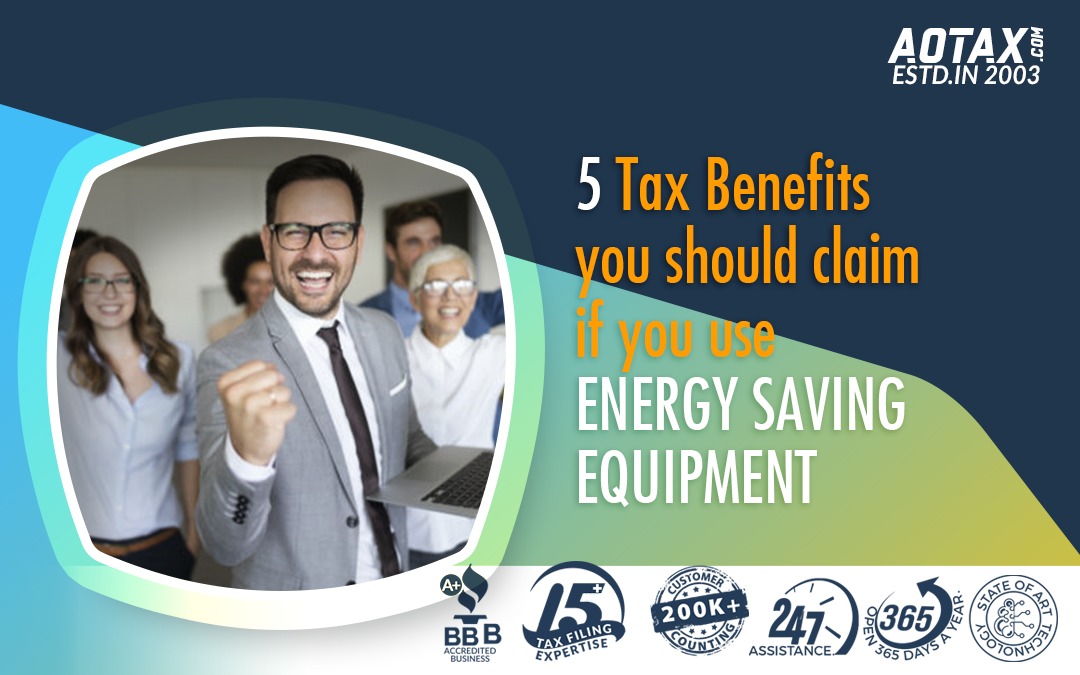
How is the Rental Income from Foreign Country taxes in US?
How is the Rental Income from Foreign Country taxes in the US?
The possibility is quite high that you might decide to invest in a home or other property type while staying in the USA. The tax implications of such earnings vary from country to country. For instance, a foreign country taxes have a minimum threshold in place.
Only if your income exceeds the threshold, are you expected to pay taxes on the same, however, if you are staying in the USA and the property or house generates some income, you need to consider both the countries.
You will have to look after the tax ramifications in the country where you have bought the property as well as the USA.
Classification of Foreign Property
Before we get started with the tax implications, it is important to understand the different classifications of rental properties. It would help you identify which tax treatment category you belong to.
As a rule of thumb, you would need to report any income that you earn outside of the USA, be it rental, dividends, interests etc. The USA has different thresholds for rental properties, depending on the duration for which the property was rented. The following table will help you better understand the same.
| Your usage | Rented duration | Applicable Taxes |
| Nil | Anywhere between 0 to 365 days | Regular rental taxes are applicable |
| More than 15 days | Less than 15 days | Not required to report on the tax return |
| Less than 10% of the number of days it was rented for or 15 days | More than 15 days | Taxes on rental property and a vacation home are applicable |
| More than 10% of the number of days it was rented for or 14 days | More than 15 days | Taxes on a vacation home and secondary residence are applicable |
Reporting Your Income
The IRS expects you to file your rental income in a foreign country just as you would do for a property in the USA. Though there are a few exceptions.
- You would first need to calculate the total income for a fiscal year due to the rental property(s).
- You then have to convert the amount into USD.
- The IRS’s website has a link to Foreign Currency and Currency Exchange Rates, you can refer to this page for exchange rates.
- The rental expenses can include:
- Any repair expenses
- Foreign local taxes
- A mortgage interest that you pay in a foreign country
- Travel related expenses if you have to inspect your property
- Any fees pertaining to the management of the property
- One of the major differences is in the form of depreciable cost of the building portion that you own. It must take place over a period of 40 years.
- In the event that you have to pay taxes on your foreign income in the native country, you can seek for offsets in your tax returns.
- In your tax returns, you can mention the income and the tax deducted for the same which will help you avoid double taxation on the income.
- Again, it largely depends on the understanding and double taxation agreement between the USA and the country where your property exists.
- Apart from the above, you might have to file for FBAR, if you have set up a bank account in a foreign country to receive the payment for the rental property.
- You might even have to file Form 8938 if the rental property is owned as a part of partnership, corporation or trust.
If you have any form of rental income from a foreign country, do not forget to report the same in your tax returns.






Recent Comments